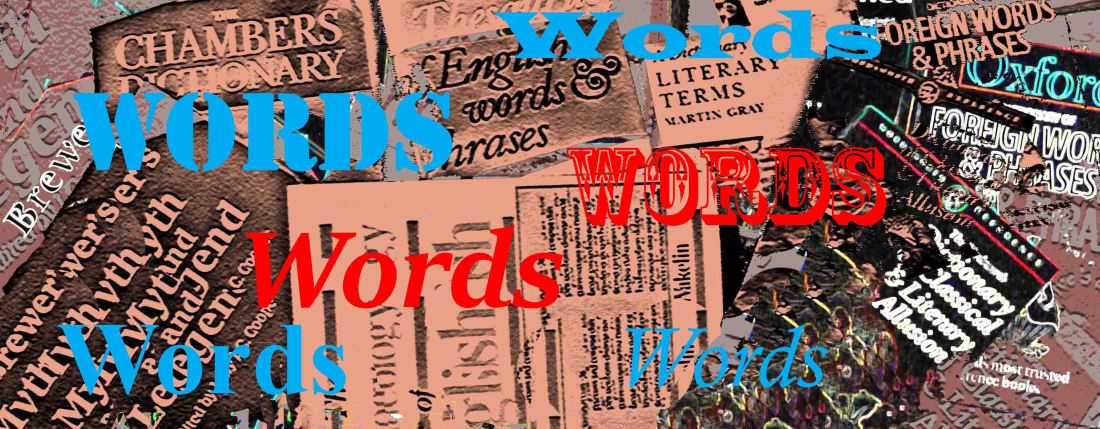Which coin and why?
For a start, it has nothing to do with politics.
As it’s a Wednesday post from me, this is all about Words and the coinage of new ones from old.
Both ‘Ukrainegate’ and ‘Brexit’ are words recently fashioned to conceptualise headline-grabbing issues. Their similarity is a semantic one in that they are ‘constructed’ words; where they differ is in the way each new term combines two units of meaning.
Ukrainegate includes a known word (Ukraine) then adds part of another that brings with it a whole different connotation, namely Watergate (gate) and the scandal that it now represents. Other new words from the same stable: Monicagate (1990s), Memogate (2004), Cablegate (2010), and so many more.
Brexit combines a known word ‘exit’ and adds the ‘Br’ from Britain to signify Britain’s exit from the EU. A relative new-comer to the lexicon it followed Grexit (2012), and more have been spawned since: Megxit (2019), together with Trexit, and a host more linked to various European countries who may or may not decide to leave the EU.
Linguistically these are ‘portmanteau words’.
Where does the term originate?
Lewis Carroll has Humpty Dumpty explain to Alice about the weird and wonderful words in Jabberwocky:
You see it’s like a portmanteau—there are two meanings packed up into one word.
Through the Looking Glass (1871)
Essentially such words blend the sounds and meanings of two or more other words.
How common are portmanteau words?
Portmanteau words are found across the English language and in the lexicons of many disciplines. Some have been around for many decades: motor + hotel = motel; breakfast + lunch = brunch; giant + enormous = ginormous; glamour + Ritz = glitz; smoke + fog = smog.
With rapid developments in many areas came a need for ready-access, easily understood new terms. Portmanteau words was the way to go.
- Communications/technology: iPod + broadcast = podcast; international + network = internet; emotion + icon = emoticon; biology + electronic = bionic
- Entertainment/leisure: television + marathon = telethon; information + entertainment = infotainment; Bombay + Hollywood = Bollywood; fan + magazine + fanzine; glamour + camping = glamping
- Lifestyle: chill + relax = chillax; guess + estimate = guesstimate; work/shop/chocolate + alcoholic = workaholic/shopaholic/chocaholic; hungry + angry = hangry; man + explaining = mansplaining
Lewis Carroll did not invent the word, but was instrumental in its being adopted as a linguistic descriptor. From the sixteenth century ‘portmanteau’ had only been used to describe a hinged travel bag that opened into two equal parts and came from the French portemanteau, from ‘porter’ + ‘manteau’ meaning ‘to carry cloaks, etc’.
Is ‘portmanteau’ a portmanteau word?
Ironically as the constituent parts are both whole words then it is a Compound Word in which there is no blending of sounds and meaning.
Compound Words
Again, these are many and varied and very simple to construct. Take two words (or more) and add them together:
airport, bluebell, candlestick, daydream, eyewitness
fishbowl, grapevine, horsefly, inkblot, jellybean
keystone, lookout, moonbeam, newspaper, overdue
pathway, quicksand, rainfall, steamboat, tableware
username, viewpoint, watchword, yardstick, zookeeper
I hope you’ve found this post interesting – and perhaps informative.
Please like, share, and comment – and add your own favourite word combos in the comments box.
Thank you for reading.

